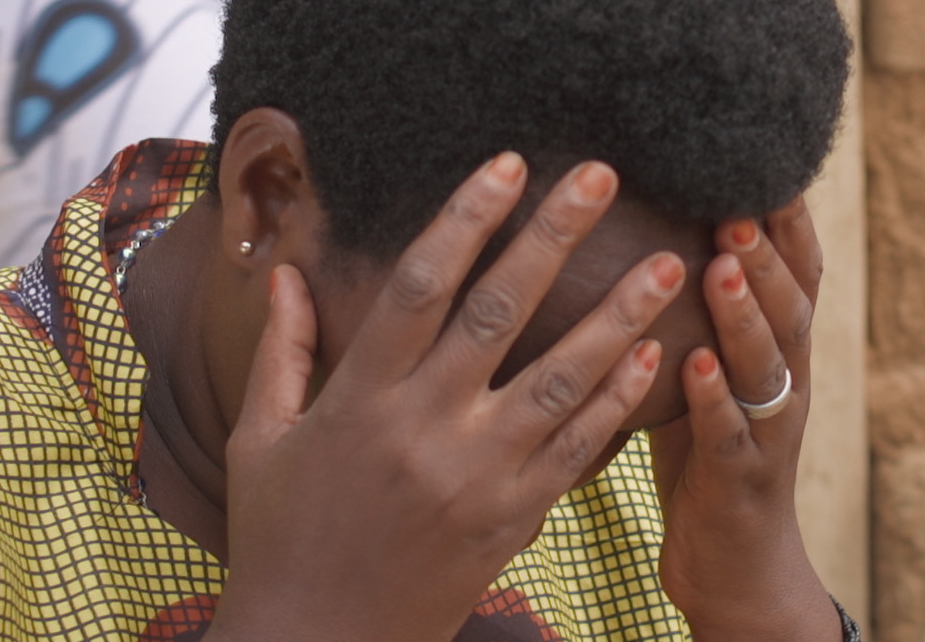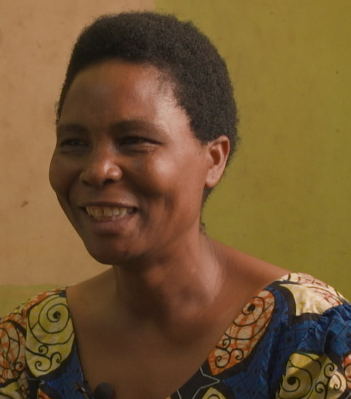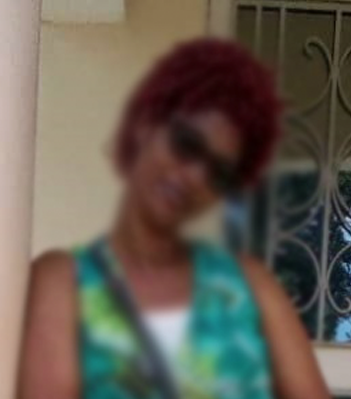Our Programs
Psychosocial Support to Survivors of SGBV
their cry for restored dignity is our call
Meet the women who compel us to act

Beatrice Ngabiirwe
40
Back in 2015, Beatrice was arrested with her 15-month old son by security officers and still finds it hard to talk about what happened to her without crying uncontrollably. She was brutally sexually assaulted with a bayonet by the security officers and still suffers the consequences. She feels like an outcast because her husband, friends and family have abandoned her because of the rape. Her husband remarried and left her trying to survive and educate her three children.
With little physical strength and limited medical treatment, she only manages to cook and feed her children. She fears that she will die and leave her children orphaned. Like most mothers, Beatrice would like her children to get an education and have a decent life. A wellequipped and staffed school would make a world of difference for every child in the Settlement. She would also like to see a well-equipped and staffed medical centre to attend to the numerous untreated physical and mental health issues. The necessary medications and medical tests remain inaccessible to most women.
Rated 5 out of 5

Aline Niyonkuru
(not real name)
Aline would like to see a school built in the settlement camp so that her children would no longer be chased from school because their parents are unable to pay for school fees regularly. Education is her children’s
future. “We want to be treated with dignity and compassion”.
Aline has never been treated for the physical consequences of her sexual assault and receives a poor response from health and social workers who
have accused her of lying about her rape. ‘When we say that we were raped, they do not believe us. How can you prove you were raped after so many months?” She strongly requests that appropriate physical and mental health care be provided, and that health and social workers be trained to handle them with dignity and compassion to avoid adding more despair and emotional pain in their already broken lives.
Rated 5 out of 5

Marie Goreth Niyonzima
50
Marie-Goreth Niyonzima is a 50 years old mother of five children. She is a living example of how women political leaders are affected by bad governance and human rights violations prevailing in Burundi. Before
her exile, Marie-Goreth was a Member of Parliament. Currently, she is an urban refugee in Kampala. “Certainly, we have many problems here, but
we fled with our intellect, our hands and our health. It does not mean that because we are refugees, we are unable to empower ourselves and become successful. Unfortunately, we
cannot reach far because we are hindered by limited resources”.
Marie-Goreth’s biggest dream is to work and be economically self-reliant. She believes that access to startup capital would make a big difference in the lives of refugees. They would be able to send their children to school, pay for health care needs and share their talents and skills with others.
Rated 5 out of 5

Inés Iradukunda
36
Inès Iradukunda is 36 years old and a mother of two children. Her husband was abducted five years ago and since then she has no news of his whereabouts. Inès would like to see a multi purposed community center built for refugee women to learn new skills,
like sewing, tailoring etc to help support their families. Refugee women have the intelligence and strength to work, to become self-reliant and support one another.
“When we encourage each other, we realise that we are capable of starting and building something new and together we uplift each other”.
The community center would house much needed medical care - people are dying due to inadequate healthcare and shortages of medicines. It could also house vocational schools. Inès’ dream is to see all refugee children go to school and secure their future.
Rated 5 out of 5

Francine Kamikazi
(not real name)
Fighting a chronic disease in the precarious life of a refugee has become a nightmare for Francine.
Without income, she quickly exhausted her savings. The mild diabetes she once suffered has become acute. While she was able to control her illness back home with an appropriate diet, she can no longer afford to buy the recommended fresh vegetables and fruits she needs. Unfortunately, the medical assistance provided by UNHCR does not cover expensive medical exams and medicine and Francine struggles to obtain her daily dose of insulin
“My health is deteriorating. Thinking about how my illness is impacting my life and that I might die leaving behind my children alone at such a young age, has taken a heavy toll on me. The effects of diabetes are real. I recently had eye surgery due to diabetes. Sometimes my legs swell, and I am told that it might lead to amputation in the future”. Francine believes that financial support would benefit
refugees in Uganda. It would allow them to start a business and earn a living to pay school fees for their
children and health care expenses and live a decent life. Refugees with chronic illnesses are particularly at
risk. If they do not work, they cannot pay for expensive medication and exams that they need.
Rated 5 out of 5
Report
More more information please read Rebuilding their broken lives_Brochure